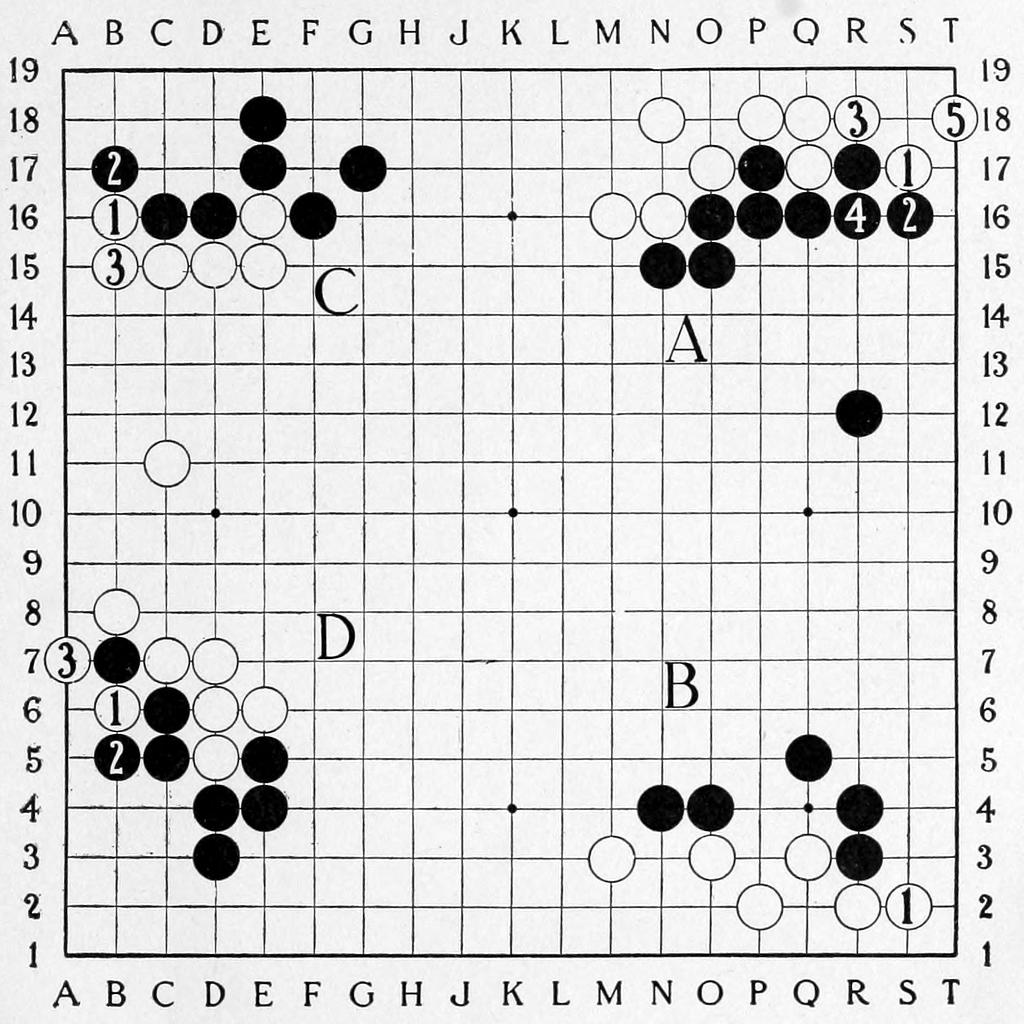GAME PRAXIS
I love playing and thinking about games, and hope this blog spreads the love!
While the Baroque rules of chess could only have been created by humans, the rules of go are so elegant, organic, and rigorously logical that if intelligent life forms exist elsewhere in the universe, they almost certainly play go.
Edward Lasker, chess grandmaster
Chess is the perfect paradigm for both the glory and the bloodiness of the human mind. On the one hand, an exercise in pure imagination happily married to logic, staged as a ballet of symbolic figures on a mosaic of sixty-four squares; on the other hand, a gladiatorial contest . . .
. . .each chessman, whether bishop, rook, knight or queen, embodies a dynamic threat, as if it were alive and animated by the desire to inflict maximum damage (by attack or defence) on the opponent’s men. When a chess-player looks at the board, he does not see a static mosaic, a “still-life”, but a magnetic field of forces, charged with energy – as Faraday saw the stresses surrounding magnets and currents as curves in space, or as Van Gogh saw vortices in the skies of Provence.
Arthur Koestler, from his commentary on the 1972 world chess championship
Latest from the Blog
‘Rebecca-go’ and the use of randomness to level the playing field
My partner Rebecca likes to play board games, but—quite understandably—she does not usually prefer play board games I have studied and she has not against me. Go is one game that falls squarely into this category; I’ve played and studied it for quite a few years at this point, and without any handicapping, Rebecca’s odds…
A game at the intersection of my previous two blog posts
My previous blog post was about neutral pieces types in abstract board games, piece types that are not controlled exclusively by one player. I used the flippable pieces of Othello/reversi as an example of one versatile type of neutral piece. The blog post before that was about embedded grids, i.e., grids within grids. For example…
A couple things that I think are underrated in abstract strategy games
1. Othello pieces are underrated game components. They are an interesting middle ground between the simplicity of checkers or go stones, and the complexity of other flippable piece sets that you find in Shogi, for instance. I’m sure there are many other highly interesting abstract board games, besides Othello, that can be played with this…
Get new content delivered directly to your inbox.

